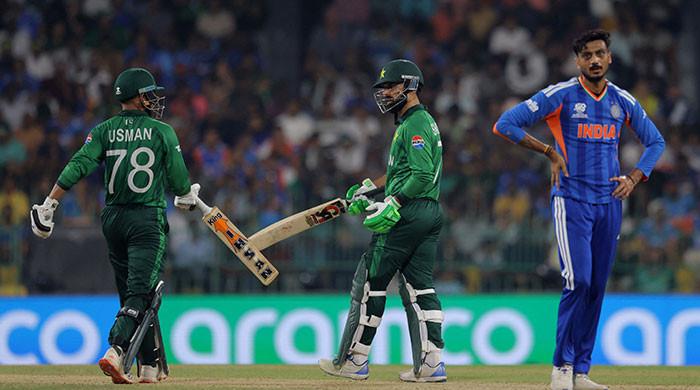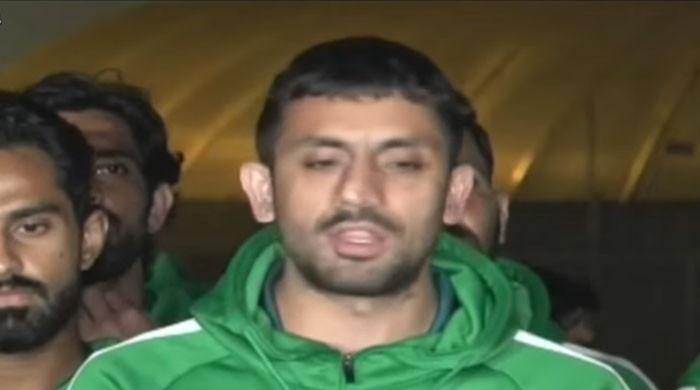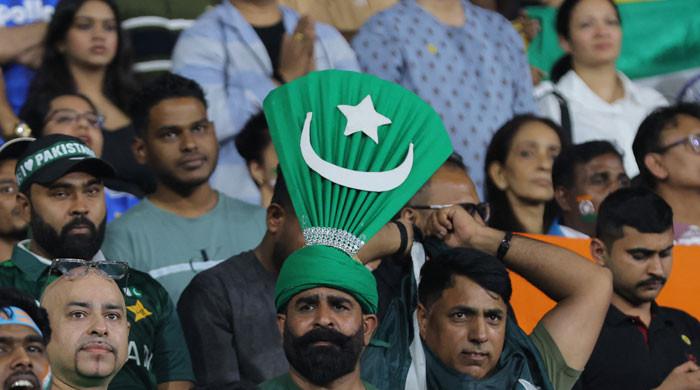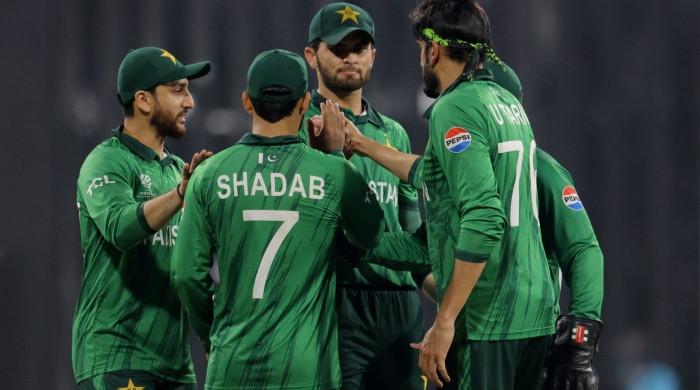Morocco, Spain, Portugal to co-host 2030 FIFA World Cup
The victory comes after Morocco's five failed attempts, bringing jubilation to the North African nation
October 05, 2023

Morocco, Spain, and Portugal have been awarded the honour to host the 2030 FIFA World Cup, marking Morocco's sixth attempt to secure the coveted hosting rights.
The decision, which comes a month after a devastating earthquake in Morocco, is expected to uplift the spirits of the nation.
In a surprise move, FIFA also announced that Uruguay, Argentina, and Paraguay will host matches as part of the centenary celebration of the World Cup's inception in Uruguay in 1930.
The decision to join forces with Spain and Portugal highlights the growing trend of collaborative hosting in international sports, emphasising unity among nations with a shared love for football.
Morocco's previous attempts to secure World Cup hosting rights in 1994, 1998, and 2006 had all ended in disappointment.
Although FIFA's restriction of bids to Africa for the 2010 World Cup had raised hopes, South Africa ultimately became the host. Similarly, Morocco's bid for the 2026 tournament was unsuccessful, losing to a joint bid by North American countries.
Morocco's recent football successes, including reaching the semi-finals in the 2022 World Cup and defeating Spain and Portugal along the way, have showcased the nation's footballing prowess.
As Morocco prepares for the 2030 World Cup, the nation looks forward to not only leaving its mark on the tournament's history but also potentially boosting its economy, which has been facing challenges like drought and inflation, as indicated in a World Bank report.
This historic announcement brings Morocco to the forefront of international football and offers the opportunity to unite nations in the celebration of the beautiful game.











